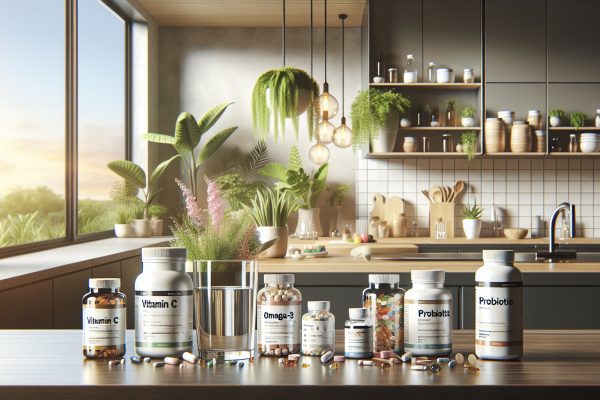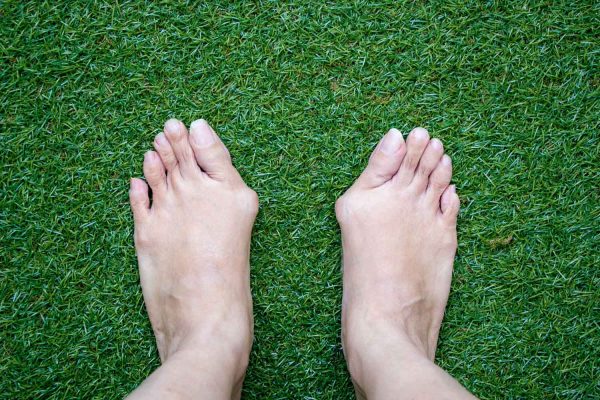Embarking on the journey of hormonal optimization often leads men to a crossroads –
the choice between Human Growth Hormone (HGH) therapy and Testosterone
Replacement Therapy (TRT). Both avenues offer promises of vitality, improved well-
being, and a potential fountain of youth. In this comprehensive exploration, we unravel
the intricacies of HGH therapy and TRT, empowering you to make an informed decision
that aligns with your unique health goals.
Table of Contents
Understanding Human Growth Hormone (HGH) Therapy
Human Growth Hormone, a master orchestrator produced by the pituitary gland, takes
center stage in the symphony of our body’s functions. HGH therapy, a pathway to
harness its regenerative prowess, involves the administration of synthetic HGH to
address deficiencies or optimize levels. While the allure of HGH therapy often revolves
around its association with anti-aging benefits, the story of this hormone goes far
beyond aesthetics.
At its core, HGH plays a pivotal role in growth, not just in stature but in the regeneration
of tissues and the overall maintenance of cellular structures. The administration of
synthetic HGH aims to supplement the body’s natural production, especially when
deficiencies emerge. The goal is not merely to turn back the clock on aging but to
optimize the body’s functions for enhanced well-being.
HGH therapy shines in its influence over metabolism. HGH contributes to the regulation
of metabolism, influencing the breakdown of fats and sugars. This intricate dance in
metabolic processes can lead to improved energy levels, a factor that extends beyond
aesthetic desires to impact the everyday vitality of individuals.
Beyond the surface, HGH therapy engages with the immune system, fortifying the
body’s defense mechanisms. By promoting the production of immune cells, HGH
contributes to a robust immune response, enhancing the body’s ability to ward off
infections and illnesses.
Cardiovascular health finds itself intertwined with the narrative of HGH therapy. The
hormone plays a role in the maintenance of healthy heart function, influencing factors
such as blood pressure and cholesterol levels. As a result, HGH therapy may contribute
to the preservation of cardiovascular well-being, a facet that resonates with the broader
goal of holistic health optimization.
In essence, HGH therapy encapsulates a journey beyond the pursuit of eternal youth. It
is a venture into the enhancement of metabolic vigor, the fortification of the immune
fortress, and the support of cardiovascular resilience. As individuals consider the
potential of HGH therapy, they are not merely contemplating a cosmetic transformation
but a comprehensive embrace of well-being at the cellular and systemic levels.
Decoding Testosterone Replacement Therapy (TRT)
As we traverse the hormonal landscape, the spotlight shifts to Testosterone
Replacement Therapy (TRT), a strategic intervention designed to address the ebb and
flow of testosterone levels, particularly in men. Testosterone, a cornerstone hormone
crucial for muscle development, bone density, and overall vitality, undergoes a natural
decline with time. In the world of TRT, the objective is clear – to supplement
testosterone through injections, gels, or patches, rekindling optimal levels and
alleviating the symptoms associated with its decline.
Testosterone, often dubbed the “male hormone,” plays a multifaceted role in the male
body. Beyond its stereotypical association with virility, it is a linchpin in the intricate
dance of physiological processes. With age, however, testosterone levels may dip,
leading to a cascade of effects that impact not just physical well-being but also the
broader spectrum of vitality.
The essence of TRT lies in its commitment to restore the body’s testosterone levels to
an optimal range. This therapeutic approach acknowledges the integral role of
testosterone in maintaining muscle mass, preserving bone density, and contributing to
overall energy and vitality. Through the administration of testosterone, individuals
undergoing TRT aim to revitalize not only their physical appearance but also the
fundamental elements that underpin their well-being.
TRT offers various administration methods, each tailored to accommodate individual
preferences and lifestyles. Injections, gels, or patches serve as conduits to reintroduce
testosterone into the body, kickstarting a process that addresses symptoms like
fatigue, reduced libido, and muscle loss associated with low testosterone levels.
The decision to embark on TRT often stems from a desire to reclaim a sense of vigor
and vitality that might have waned with the natural aging process. It’s not merely about
countering the passage of time but about optimizing one’s health and resilience for a
fulfilling life.
In essence, TRT stands as a testament to the empowerment of vitality. It is a deliberate
choice to address the nuanced impact of declining testosterone levels, acknowledging
that the journey toward well-being involves not just the passage of time but also
intentional steps to preserve and enhance the elements that define vitality at its core.
Choosing the Right Path: Factors to Consider
● Biological Factors: The decision between HGH therapy and TRT often hinges on
biological factors. Understanding how each hormone functions and their role in
the body is pivotal. For those grappling with multiple hormonal imbalances, a
comprehensive evaluation may guide the choice.
● Health Goals and Expectations: Individual health goals play a crucial role. If the
focus is on overall vitality, improved skin quality, and potential anti-aging effects,
HGH therapy may be a preferred choice. Conversely, if the goal is to address
symptoms like fatigue, reduced libido, and muscle loss associated with low
testosterone, TRT might be the more suitable option.
● Lifestyle Considerations: Lifestyle choices and preferences also influence the
decision. HGH therapy often requires daily injections, while TRT may involve
different administration methods. Considering the treatment commitment
aligning with your lifestyle is essential for long-term success.
● Consultation with Healthcare Professionals: Perhaps the most critical factor is
the guidance of healthcare professionals. A thorough evaluation of hormonal
levels, overall health, and individual goals allows healthcare providers to offer
personalized recommendations that optimize benefits while minimizing potential
risks.
Comparing Potential Benefits and Risks
HGH Therapy:
Benefits:
● Improved skin quality
● Increased muscle mass
● Enhanced metabolism
● Potential anti-aging effects
Risks:
● Carpal tunnel syndrome
● Joint pain
● Fluid retention
● Potential impact on blood sugar levels
Testosterone Replacement Therapy (TRT):
Benefits:
● Increased energy levels
● Improved libido
● Enhanced muscle mass
● Bone density preservation
Risks:
● Acne or oily skin
● Sleep apnea exacerbation
● Potential impact on fertility
● Polycythemia (elevated red blood cell count)
Collaborative Decision-Making with Healthcare Professionals
The journey to hormonal optimization is not a one-size-fits-all endeavor. Collaboration
with healthcare professionals is paramount. They conduct comprehensive
assessments, considering hormonal profiles, health history, and individual goals. This
collaborative approach ensures a tailored plan that optimizes benefits while addressing
potential risks. Be sure to work directly with your physician or medical provider who is
experienced in making HGH and TRT prescription recommendations. Hormone therapy
is not created equally.
Navigating Your Hormonal Journey
With this common question: HGH therapy vs TRT, there’s no universal answer. The
choice depends on a myriad of factors, from biological considerations to personal health goals. As you embark on this hormonal journey, armed with knowledge and
guided by healthcare professionals, you pave the way for a balanced and vibrant future.
Whether the path leads towards the regenerative promises of HGH or the revitalizing
effects of testosterone, the decision is uniquely yours, shaping a journey towards
optimal hormonal well-being.





